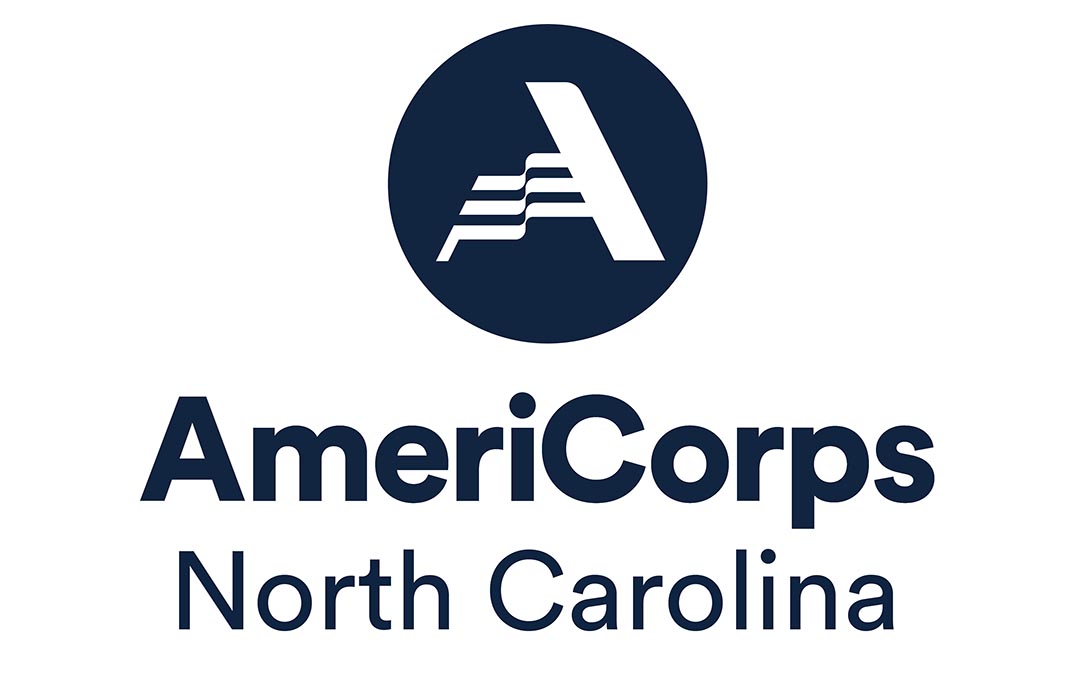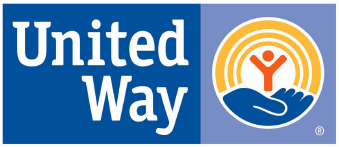1/11/18—READ FULL ARTICLE HERE
From: MOUNTAIN XPRESS
By: Jordan Foltz
It was three years into his mentoring experience in Big Brothers Big Sisters’ community program that Nathan Brown received a phone call about his “Little Brother,” Dorian Palmer, from the boy’s mother. Now in eighth grade, Dorian was in trouble at school again, and he was getting sent home ― only this time, his mom couldn’t stop her day to pick him up and was calling on Nathan to see if he could lend a hand.
Up until this point, Nathan had been enjoying twice-a-month activities with Dorian ― mostly consisting of lighthearted pursuits like board games, reading, going to the movies ― standard protocol in the program for hanging with a child in elementary school. They had fun together in those first years, no doubt, but “there was not a whole lot of emotional investment,” reflects Nathan. But this was about to change.
Now at 13, Dorian was emerging as a young man, facing new obstacles and pressures. Middle school had brought bullies, and Dorian’s attempt to deal with them involved an increasing effort to outdo his persecutors in badassery: “He thought maybe he could impress them and get them off his back,” Nathan says.
In this instance, however, Dorian hadn’t just cut up; he’d actually threatened his teacher.
As Nathan sat with Dorian’s mom on the other line, he was faced with a choice: If he picked Dorian up, it was no more “fun and games”: The innocent era of their relationship would have come to an end. If he didn’t pick him up, he might be able to retain a lightheartedness and comfortable detachment with his Little. But he would also sacrifice an opportunity to take a step deeper into this relationship, an opportunity to evolve and grow as Dorian was evolving and growing, and an opportunity to steer his mentee from an increasingly destructive course. The choice, perhaps, wasn’t difficult.
On his way to the school, Nathan considered how he would handle the situation. What was his proper role as a mentor? What did “supporting” his Little look like when he was clearly starting to make bad choices?
As Dorian waited for Nathan, he was scared and nervous. What was his mentor going to do? What would he say? Had he disappointed him? Would Nathan still want to hang out? Would he still be there for him?
“I remember when he picked me up, he was clearly disappointed in me,” Dorian recalls. “He said, ‘This is not how you are going to behave ― it’s not appropriate, it’s not fair, it’s unreasonable.’”
Nathan describes the ride home as a “tear down and build up” moment. “Those kids you’re trying to impress are probably going to be at youth prison in 10 years,” he recalls saying. “They’re not the important ones. You need to work on yourself, because they’re not going to work on you. They’re not going to help you — only you can do that.”
It was an awkward and jarring experience, and yet it stands out to both of them as a positive and pivotal moment in their relationship: proving to them both just how much Nathan cared about his Little Brother, proving that he was willing to endure difficult moments and be the “bad guy” for his Little’s benefit — that he was willing to take a stand for Dorian and claim a personal and emotionally invested stake in his success.
“That was a moment for him and me,” says Nathan. “And it cemented our relationship.”
“It took someone who wasn’t my mom, wasn’t my grandmother, someone who did not quote unquote ‘have to be there’ for me,’” says Dorian.
Like many Little Brothers in the BBBS program, before his relationship with his “Big,” Dorian had never had a male role model in his life. He grew up in his mother’s home in Morganton while his biological father served out an extended prison sentence. Dorian says it was having someone choose to take a stand for him and his well-being that illuminated how valuable he and his future actually were, and galvanized his own commitment to life.
In high school, the academic, social and emotional challenges didn’t relent for Dorian ― but with every challenge, he had Nathan not only cheering him on, but also there to fall back on. When he became depressed and suicidal, Nathan was there to listen and help him rebuild. When he lost motivation for his studies, Nathan firmly held him accountable and impressed upon him that he was going to get his education and graduate ― which he did.
When he was 16, Dorian joined the advisory council of his local Burke County branch of Big Brothers Big Sisters of WNC, and at 19, he was invited to join the regional board of directors. Now 21, Dorian is working with the developmentally disabled and serves as vice chairperson of the board of directors for Big Brothers Big Sisters of WNC, headquartered in Asheville. He also serves on the board of United Way of Burke County. His fiancée is a Big Sister.
“My biggest goals center around my community,” says Dorian. “And serving my community is the most important thing to me in my life.”
In 2016, Nathan was confronted with the devastating news of his wife’s cancer diagnosis and subsequent passing. As dark and sorrowful as this period was for Nathan, Dorian was the one who showed up consistently to support him through it and get him out of his depression.
“Even when I was at my lowest, he was there for me … which just speaks so much to his character because there were a lot of people in my life who simply stepped away once she passed,” says Nathan. “I like to think that the inspiration [to be there for me] comes from my having never failed in my support of him.”
At this point, Dorian describes Nathan as his best friend, and Nathan sees Dorian like a son ― and he knows that the young man is going forward to do great things in the community.
Big Brothers Big Sisters of WNC’s motto is “Start Something Big” because of the astronomical potential that can be unlocked in young people when they have a mentor who believes in them. Last year, Big Brothers Big Sisters supported almost 700 one-to-one matches throughout our 10-county service area. Among them, there are powerful stories like Dorian’s and Nathan’s unfolding all of the time.
Thanks to an abundance of volunteer applications we’ve received from our 100 Mentors in 100 Days fall recruitment drive, Big Brothers Big Sisters of Buncombe County is accepting new inquiries for Little’s enrollment. Children 6-14 years old from single-parent households are eligible to be matched with a Big Brother or Big Sister. More info at bbbswnc.org or 828-253-1470.
Big Brothers Big Sisters of WNC marks National Mentoring Month in January with a call to action to mentor. There is a particular need for male volunteers. Big volunteers help youths become successful and productive citizens. Independent studies find Littles are more likely than their peers to show improvement in academics, behavior, self-esteem and aspirations. National Mentoring Month, established by the Harvard Mentoring Project of the Harvard School of Public Health, MENTOR and the Corporation for National and Community Service, sets out to energize citizens to become mentors.



